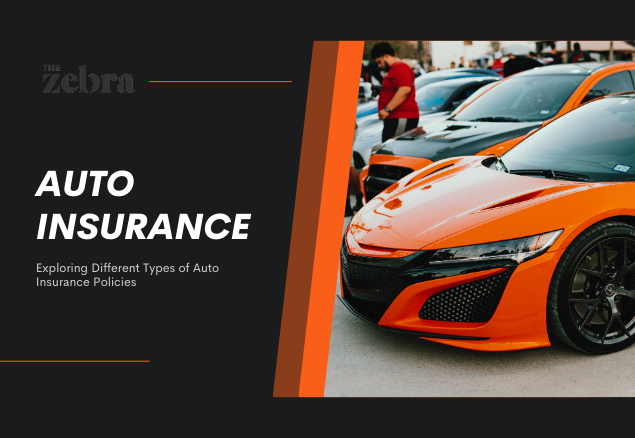Auto insurance is a crucial aspect of vehicle ownership, providing financial protection against various risks associated with driving. Understanding the different types of auto insurance policies is essential for selecting the coverage that best suits your needs. This article explores the primary types of auto insurance policies, detailing their features, benefits, and considerations.
1. Liability Insurance
Coverage: Liability insurance is the most basic form of auto insurance and is required in most states. It covers damages and injuries that you cause to others in an accident where you are at fault.
Components:
- Bodily Injury Liability (BIL): Covers medical expenses, lost wages, and legal fees for injuries you cause to others.
- Property Damage Liability (PDL): Covers the cost of repairing or replacing property that you damage, such as other vehicles, buildings, or fences.
Considerations: Liability insurance does not cover your injuries or damages to your vehicle. It is crucial to have sufficient coverage limits to protect your assets in case of a severe accident.
2. Collision Insurance
Coverage: Collision insurance covers the cost of repairing or replacing your vehicle if it is damaged in an accident, regardless of who is at fault.
Benefits:
- Provides financial protection for your vehicle.
- Often required by lenders if you have a car loan or lease.
Considerations: Collision insurance comes with a deductible, which is the amount you pay out-of-pocket before the insurance kicks in. Higher deductibles typically result in lower premiums but increase your financial responsibility in case of an accident.
3. Comprehensive Insurance
Coverage: Comprehensive insurance covers damages to your vehicle caused by non-collision events, such as theft, vandalism, natural disasters, and hitting an animal.
Benefits:
- Offers broad protection against various risks.
- Complements collision insurance to provide full coverage for your vehicle.
Considerations: Like collision insurance, comprehensive insurance has a deductible. It is particularly beneficial for those living in areas prone to natural disasters or with high rates of vehicle theft.
4. Personal Injury Protection (PIP) or Medical Payments (MedPay) Insurance
Coverage: PIP and MedPay insurance cover medical expenses for you and your passengers, regardless of who is at fault in an accident.
Benefits:
- Covers a wide range of medical costs, including hospital bills, rehabilitation, and sometimes lost wages.
- PIP may also cover additional expenses, such as child care and funeral costs.
Considerations: PIP is mandatory in some states, while MedPay is optional. The coverage limits vary, so it is essential to choose a policy that provides adequate protection based on your medical expense needs.
5. Uninsured/Underinsured Motorist Insurance
Coverage: This type of insurance protects you if you are involved in an accident with a driver who has no insurance or insufficient coverage.
Benefits:
- Covers medical expenses, lost wages, and other damages caused by an uninsured or underinsured driver.
- Provides peace of mind knowing you are protected against drivers who may not have adequate insurance.
Considerations: Although not required in all states, uninsured/underinsured motorist insurance is highly recommended, especially in areas with a high number of uninsured drivers.
6. Gap Insurance
Coverage: Gap insurance covers the difference between the actual cash value of your vehicle and the amount you owe on your car loan or lease if your vehicle is totaled or stolen.
Benefits:
- Protects you from owing money on a vehicle you no longer have.
- Essential for new car owners or those with significant loan balances.
Considerations: Gap insurance is typically required for leased vehicles and may be optional for financed vehicles. It is most beneficial during the first few years of ownership when the vehicle’s value depreciates quickly.
7. Roadside Assistance and Towing Insurance
Coverage: Roadside assistance and towing insurance provide services such as towing, battery jump-starts, flat tire changes, and lockout assistance.
Benefits:
- Offers convenience and peace of mind in case of roadside emergencies.
- Usually available as an add-on to other auto insurance policies.
Considerations: The cost of roadside assistance coverage is relatively low, making it an affordable way to ensure help is available in emergencies. However, it may overlap with similar services offered by auto clubs or vehicle manufacturers.
Conclusion
Choosing the right auto insurance policy involves understanding the various types of coverage available and assessing your specific needs and risks. By selecting appropriate coverage levels and optional add-ons, you can ensure comprehensive protection for yourself, your passengers, and your vehicle. Always compare policies from different insurers and review the terms and conditions to make an informed decision.










